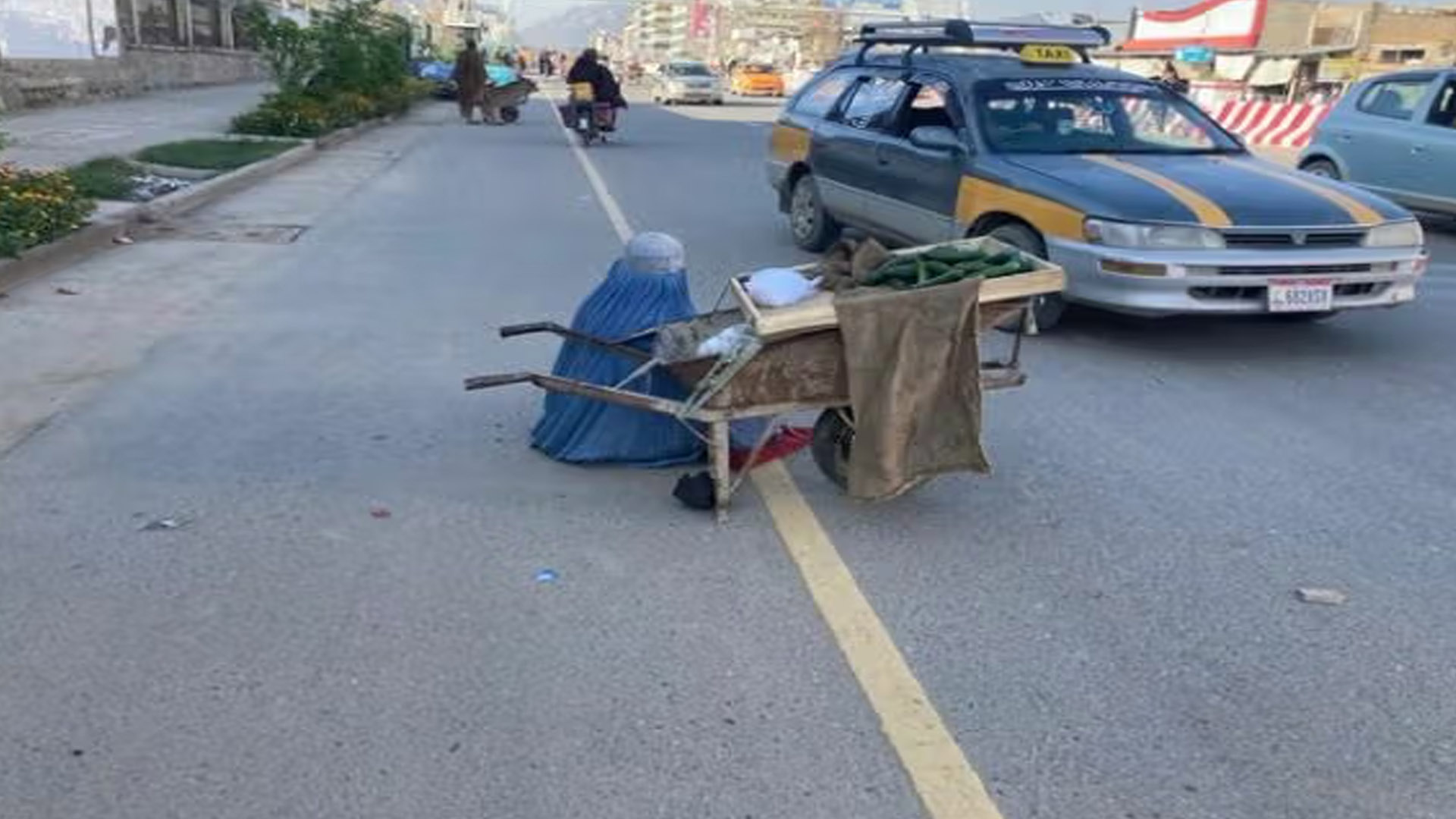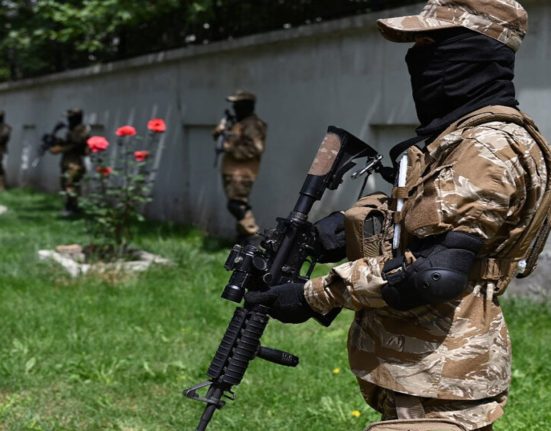
Kandahar; Where Women Beg for Survival, Not Life
In the heart of Kandahar, a city that the Taliban consider their political capital, women wander the streets with empty hands and sad looks; not to shop, not to walk, but to find a piece of bread to survive.
Dozens of women, from elderly mothers to teenage girls, leave their homes every morning with a hand or basket in their hands; hoping for help, a bite of bread, a human-centered look. But what they see is hunger, humiliation and sometimes shameful offers from profit-seeking men.
Fatima, a young girl sitting on the side of a road in Kandahar, says: “We have no school, no work. Even begging has become a crime. If I don’t receive charity, we won’t have bread in the house.”
Other women say they sell old clothes on the sidewalks. But they are not safe either. Taliban forces warn them that they have no right to work, even if it is to save their families.
Some women say they take a handkerchief with them to deceive the officers so that they appear to be workers, not beggars. But this mask doesn’t always work either.
The promise of aid that was made to them months ago is still in the “under review” stage. No bread has been baked from these promises.
“By prohibiting education and work, the Taliban have driven these women to beg. These are the true picture of a government that, under the slogan of Islam, has deprived people of human dignity.”
Today, Kandahar is not just the capital of the Taliban, but also the broken mirror of thousands of women who no longer have a voice to cry out.







